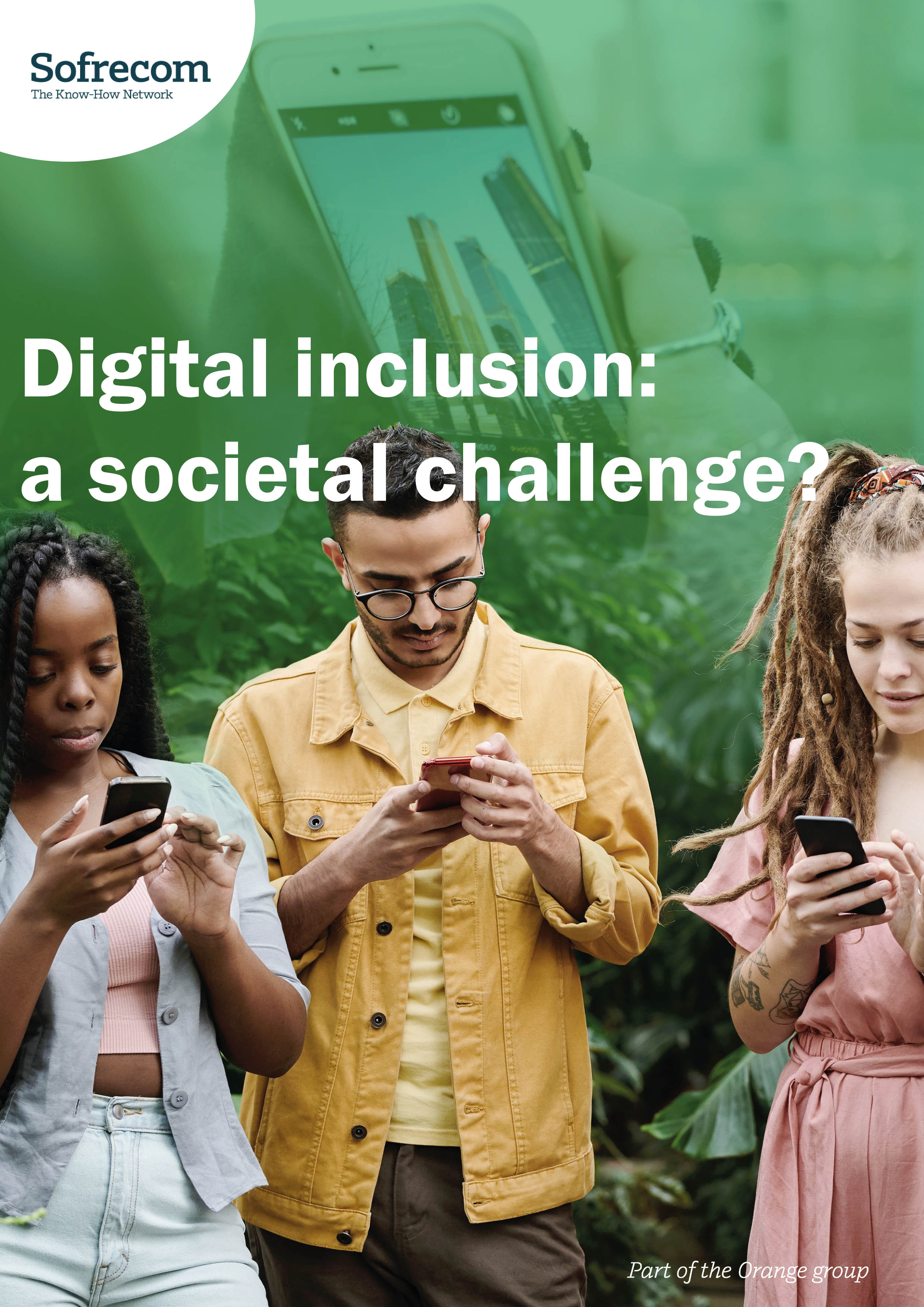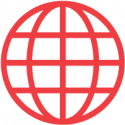
The year 2020 marked a global turning point in healthcare whereby the post-Covid19 phase will be significantly different. The numerous lockdowns and new social distancing constraints have brought to light new practices and a need to organize differently for patients and healthcare professionals. In fact, digital has allowed a different access to healthcare. Mobile medical applications and software that support clinical decisions, in addition to artificial intelligence and machine learning, have shown how digital technology is driving a revolution in health care.
What is digital health?
The term “digital health” covers several concepts. On the one hand, the so-called electronic health (health-related information, resources and services, provided electronically), and on the other hand, developing areas such as advanced computing (e.g. big data) and artificial intelligence (AI), which allow computer systems to perform tasks that normally require human capacities, such as the ability to make decisions.
Technologies exploited by digital health include telemedicine, mobile phones and their applications, wearable devices, robotics, virtual reality, and AI.
A role to play for operators...
First, unlike other sectors who dispose capacities (eg: banking, media, etc.), the health sector is one of the least digitized sectors in the world. The opportunities for digitization in the healthcare market are numerous. Operators can therefore consider introducing a host of new technologies, applications and potential services to improve efficiency.
Secondly, the lack of capacities goes in tandem with the lack of technology and IT expertise in the healthcare sector. Therefore, the sector as a whole is aware of the need to acquire partners with strong technological capacities to provide end-to-end services to healthcare providers.
…who have many assets to attack the market
- The first advantage for operators is generally to have a large and qualified local workforce. Indeed, a regional field force allows operators to work directly with healthcare providers to develop customized end-to-end solutions and train clinicians to use and manage them.
- The second advantage for operators is to be strongly regulated by their respective local authorities. One of the key issues in healthcare is the perception of data reliability, security and privacy. In addition, it gives telecom operators a rare advantage over GAFAs, which are often criticized or misperceived in terms of data security.
- Finally, the major French and global operators have a strong experience. Because of their history, size, technical expertise, and links with governance and regulatory bodies, telecom operators can offer healthcare providers a high level of trust and a guarantee of sustainability.
Overview of existing operator offers
Many operators are already present in the digital health sector in 3 main segments: telemedicine services, health management terminals and financial services.
Telemedicine has the potential to expand access to healthcare and improve care outcomes by reducing pressure on traditional service delivery. The first operators to enter the market have forged strong partnerships with healthcare players. This is the case of Movistar in Spain, which has partnered with Teladoc, a leading American telemedicine player, to launch "Movistar Salud". Teladoc manages the platform from end-to-end and the Telefonica brand uses its expertise in online access points and ensures the security of the service. The offers are in the form of monthly subscriptions which range from 7€ for one person to 11€ for a family package.
In terms of health management devices, the strong presence of players like Apple and Google to generalist products complicates the task for operators. However, opportunities are still present in niche markets. One example is Verizon, which targets older consumers with its "Verizon Care Smart Watch" (simplified calls, SOS, location sharing and reminders) or even DT, which markets a third-party bracelet for babies that monitors their health in real time.
Finally, regarding financial services, insurance companies are likely to seek operators to distribute insurance products due to operators’ access to digital contact points. Operators with existing MFS solutions can use healthcare financing solutions to enrich their portfolios. Other approaches exist, such as at Singtel which bundles health insurance with basic offerings and includes a mobile data bonus as an insurance payment.
Telecommunications companies around the world are facing many challenges: Decline in connectivity revenues and increased competition by GAFA/OTT. Digital health, through the field of applications and solutions, is therefore a good way for them to diversify and differentiate themselves. It is also a way to enhance their brand through social inclusion by improving the daily lives of people and by meeting the United Nations Sustainable Development Goals.
Sources : Analysys Mason D2C digital healthcare services: opportunities for telecoms operators (dec-20)






